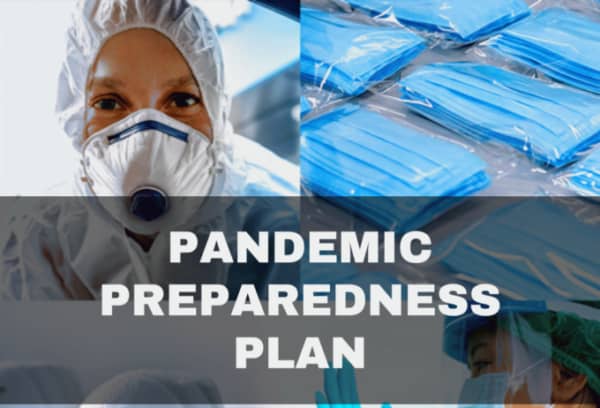Antigua and Barbuda has hailed the adoption of a new global pandemic accord at the 78th World Health Assembly (WHA) as a major victory for developing nations, particularly small island states that were disproportionately affected during the COVID-19 pandemic.
Senator the Honourable Michael Joseph, Junior Minister for Health, Wellness, the Environment and Civil Service Affairs, described the agreement as a milestone for equity and international cooperation.
“There’s a misconception with the pandemic agreement,” Joseph explained during a post-WHA interview on ABS. “What the pandemic agreement primarily tried to focus on… was that coming out of the COVID-19, what the world experienced was something that we had not planned for.”
The new accord commits countries to sharing essential medical supplies and information during major global health emergencies. According to Joseph, one of the key negotiated provisions ensures that nations will allocate at least 20 percent of their stockpiled supplies—such as personal protective equipment (PPE), medicines, and vaccines—for use by the World Health Organization (WHO), PAHO, and other international institutions to support lower-income and developing countries.
This principle directly addresses the supply chain inequities faced by countries like Antigua and Barbuda during the COVID-19 crisis. “We couldn’t access the masks, the gloves, very critical life-saving things,” Joseph recalled. “Countries were saying, ‘We’re going to keep our medicines,’ and they stockpiled them to the point where some expired.”
Joseph also credited members of Antigua and Barbuda’s delegation, including Chief Medical Officer Dr. Kamara De Castro and Ministry of Foreign Affairs representative Alysia West, for their strong contributions to the three-year negotiation process. “We must give a lot of gratitude to the good team that we had,” he said.
Crucially, the pandemic accord maintains the sovereignty of individual states while ensuring that vital health data is shared. “Countries now have an obligation to share that information and that data with WHO,” Joseph said, referring to surveillance of emerging outbreaks. “They cannot censor it or keep it.”
For small island developing states, the agreement offers reassurance that in future crises, access to lifesaving resources will not be dictated by wealth or political alliances. “This is a major win that we should highlight under the pandemic agreement,” Joseph affirmed.
The accord also strengthens global mechanisms for research, surveillance, and equitable distribution, aiming to prevent the hoarding and delays that plagued the early stages of the COVID-19 response.
Antigua and Barbuda’s participation in the WHA reaffirms its ongoing commitment to global health diplomacy, equity, and resilience-building in the face of future threats.


